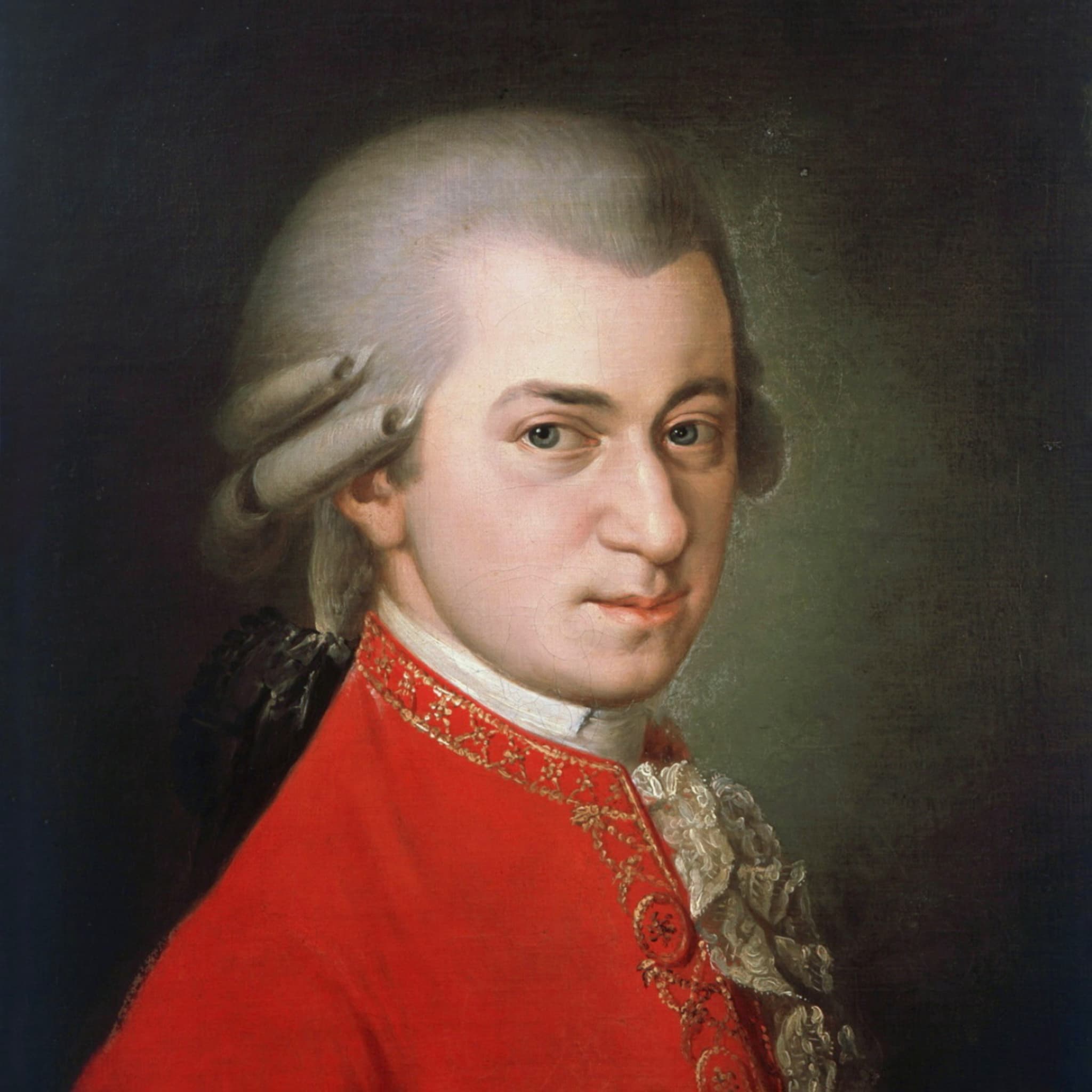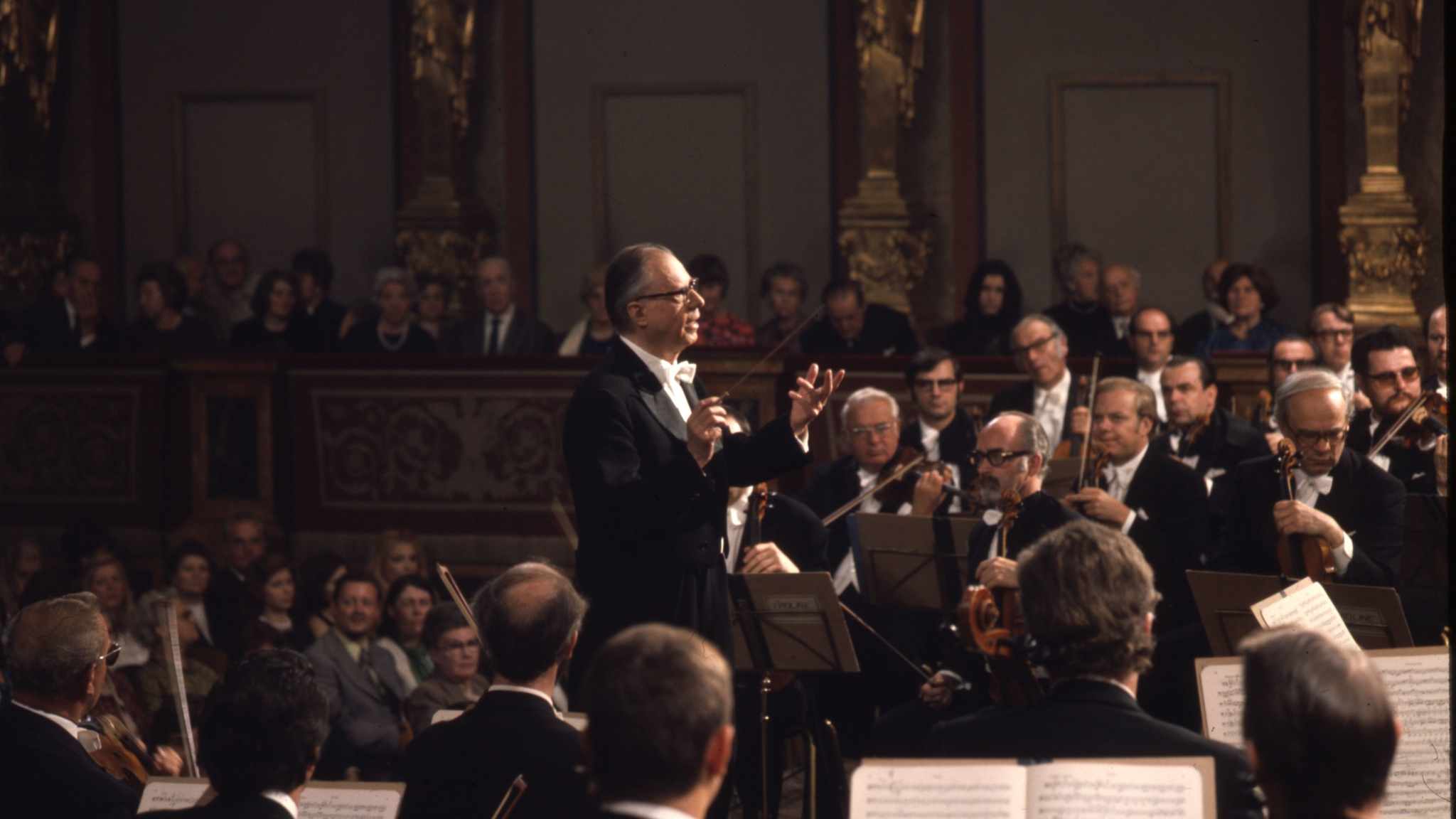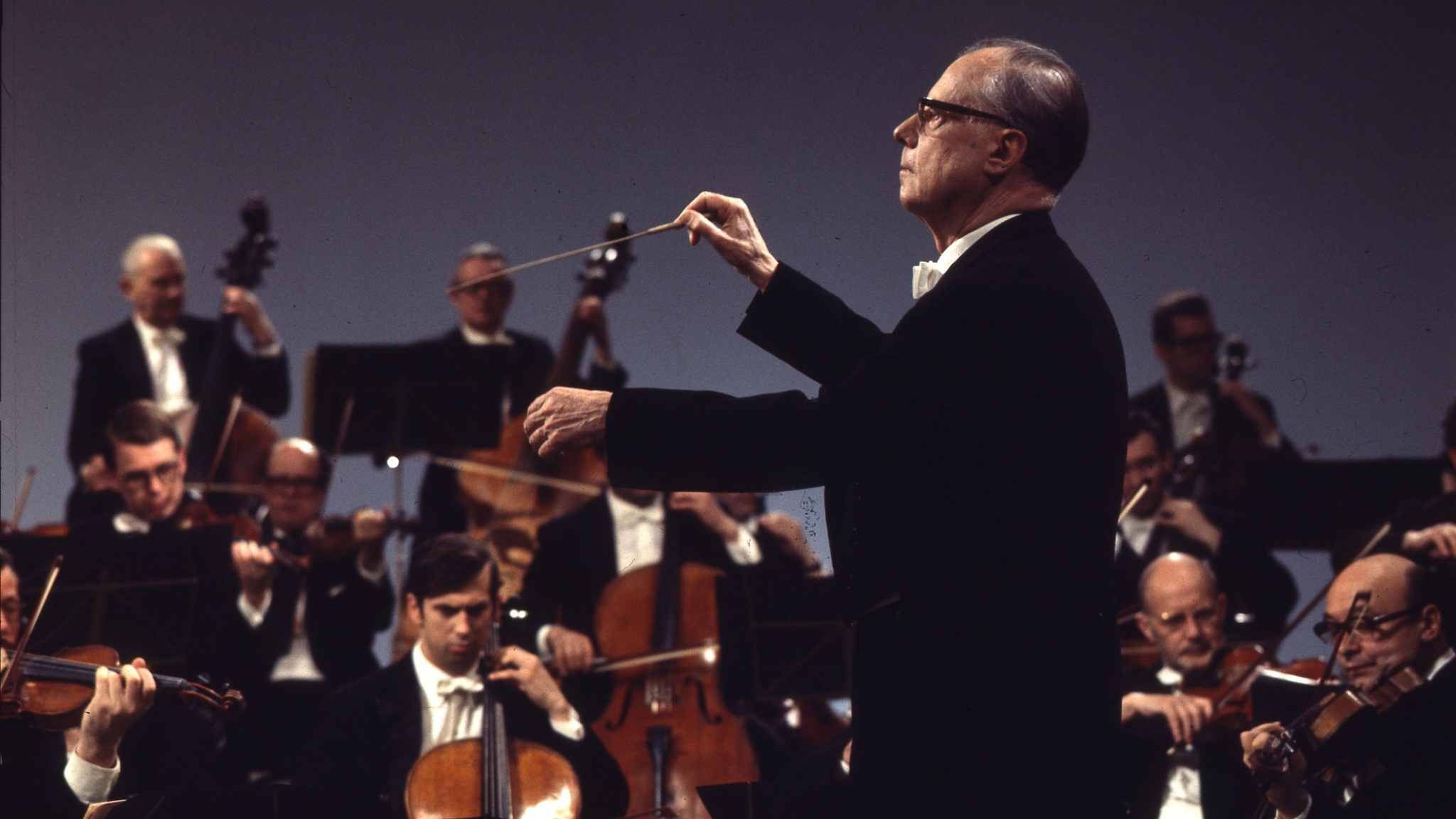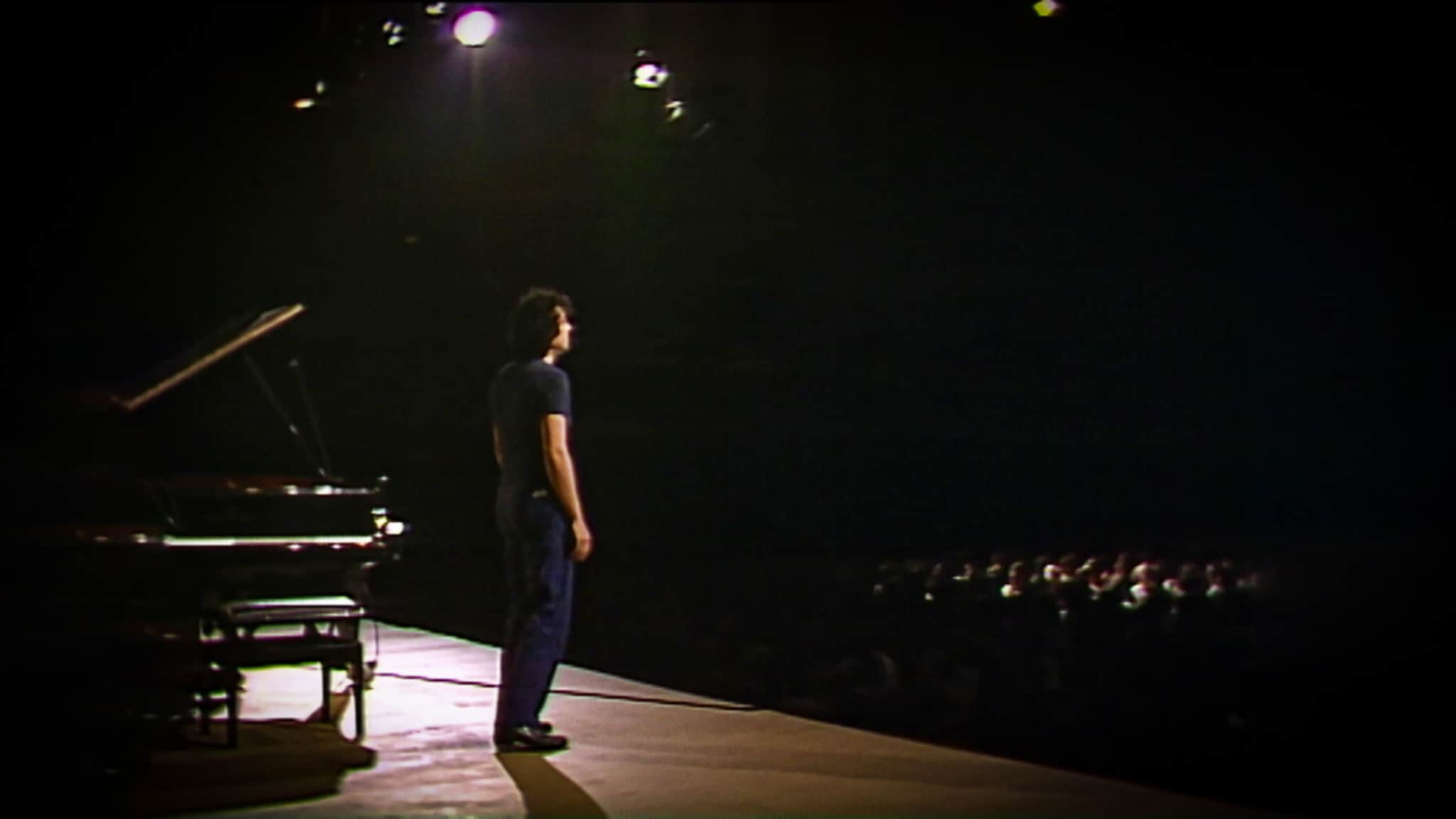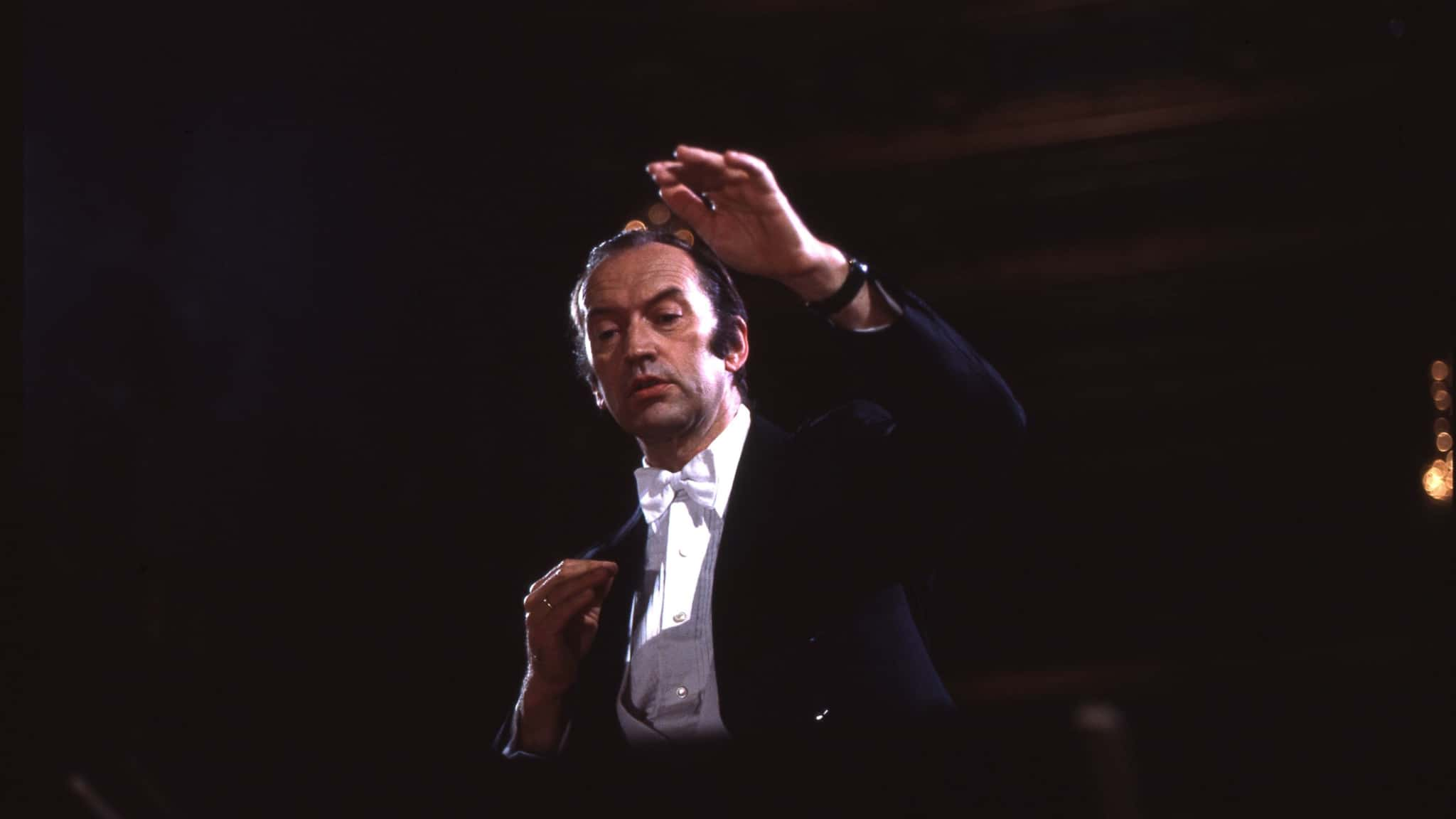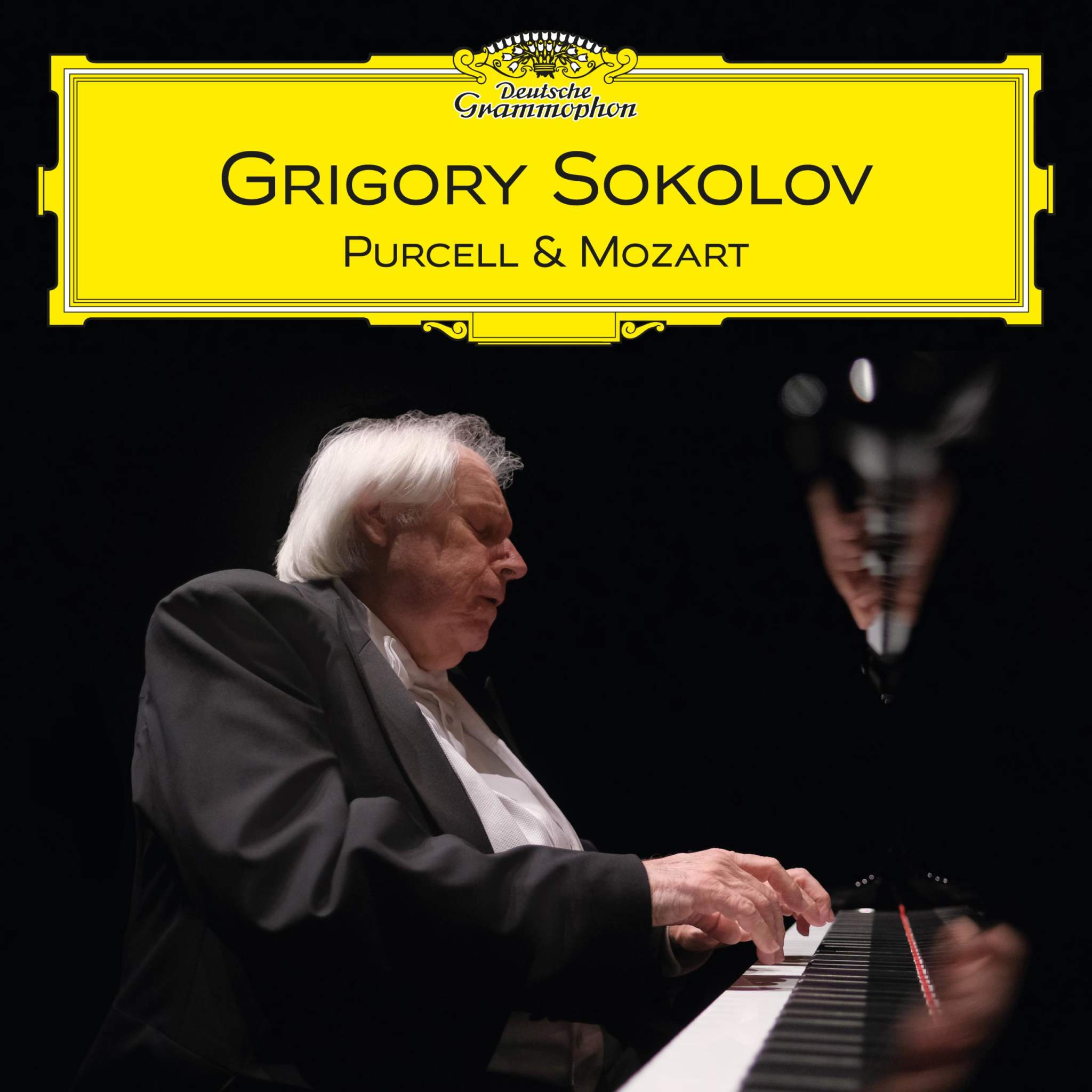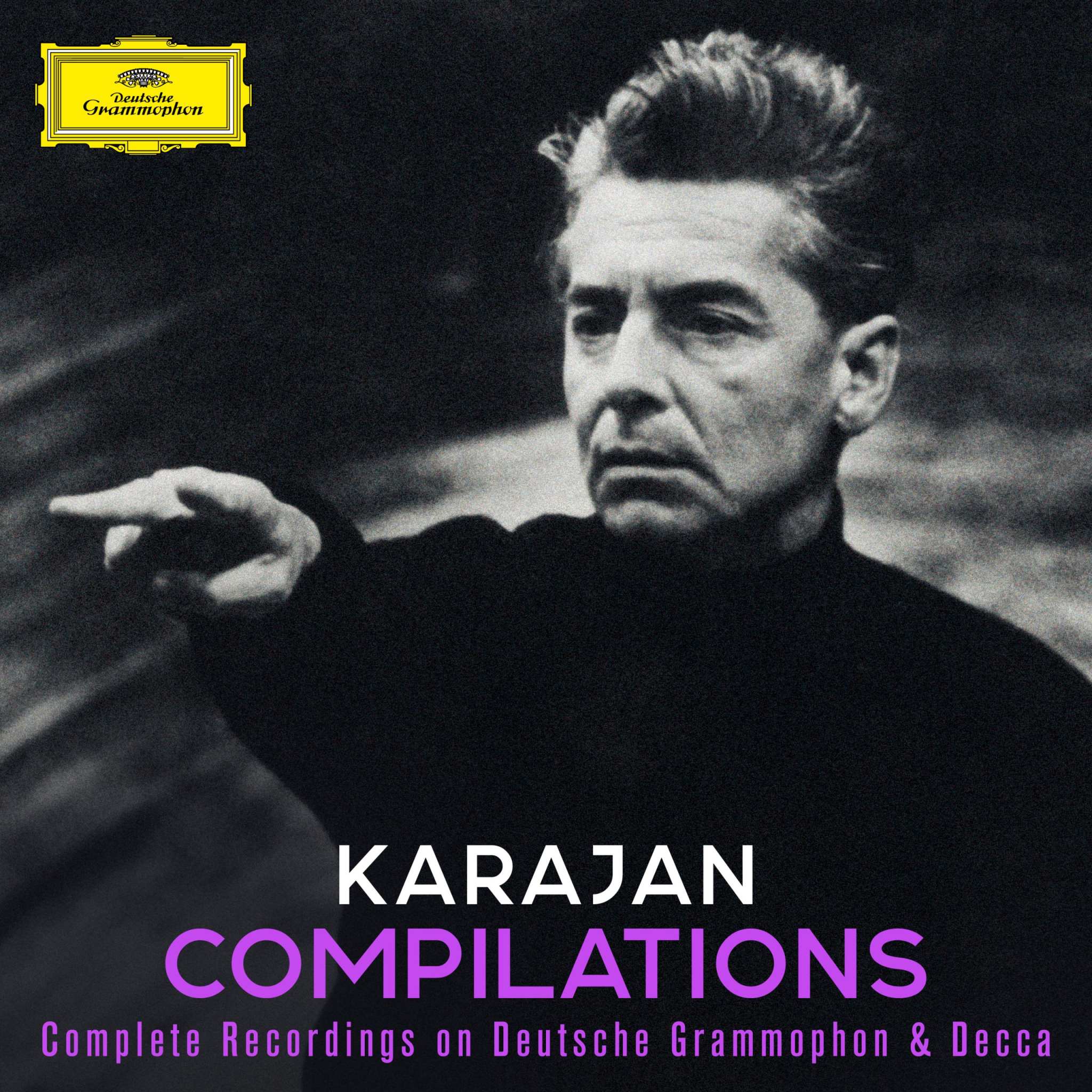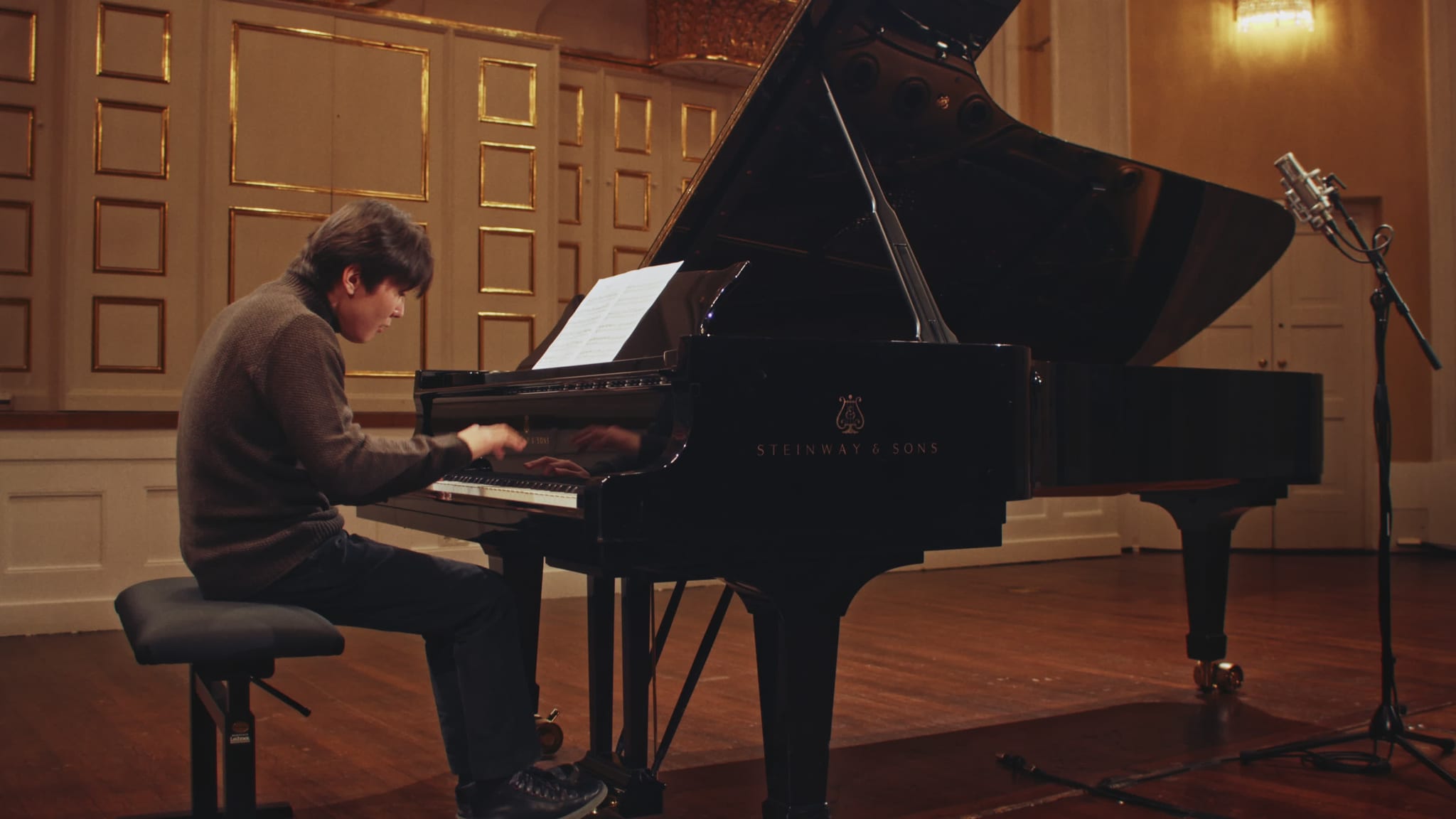Infos
Wolfgang Amadeus Mozart
Mozart lebte und starb in einer Zeit, in der Komponisten ihre Werke für ganz bestimmte Anlässe komponierten, und er wäre wahrscheinlich sehr erstaunt angesichts der Verehrung, die heutzutage viele Musiker und Musikliebhaber seinem Œuvre entgegenbringen.
Der gebürtige Salzburger zeigte schon sehr früh eine phänomenale Begabung für die Musik. Sein Vater Leopold war ein renommierter Geiger und versah seinen Sohn mit einer gründlichen musikalischen Ausbildung, bevor er mit ihm Konzertreisen zu den Fürstenhöfen Europas unternahm. Leopold hoffte auf eine Anstellung seines Sohnes als erster Musiker des Erzbischofs von Salzburg, doch mit 25 ertrug Wolfgang die geistige Enge des Prälaten und seiner Residenzstadt nicht länger und ließ sich als freier Musiker in Wien nieder.
Seine Werkliste verzeichnete bereits einige hundert Kompositionen, darunter auch diverse Meisterwerke, doch im nächsten Jahrzehnt schuf er mit den Opern Le nozze di Figaro, Don Giovanni, Così fan tutte und Die Zauberflöte einige der genialsten, hellsichtigsten und vielschichtigsten Musikstücke aller Zeiten. Hinzu kamen etliche außergewöhnliche Instrumentalkompositionen: Symphonien, Klavierkonzerte (mit denen er sich selbst als Tastenvirtuose profilieren konnte), Quartette und Quintette (er war auch ein fähiger Geiger) und vieles andere mehr. Sein früher Tod im Alter von nur 35 Jahren gilt vielen als die größte Tragödie der Musikgeschichte.
